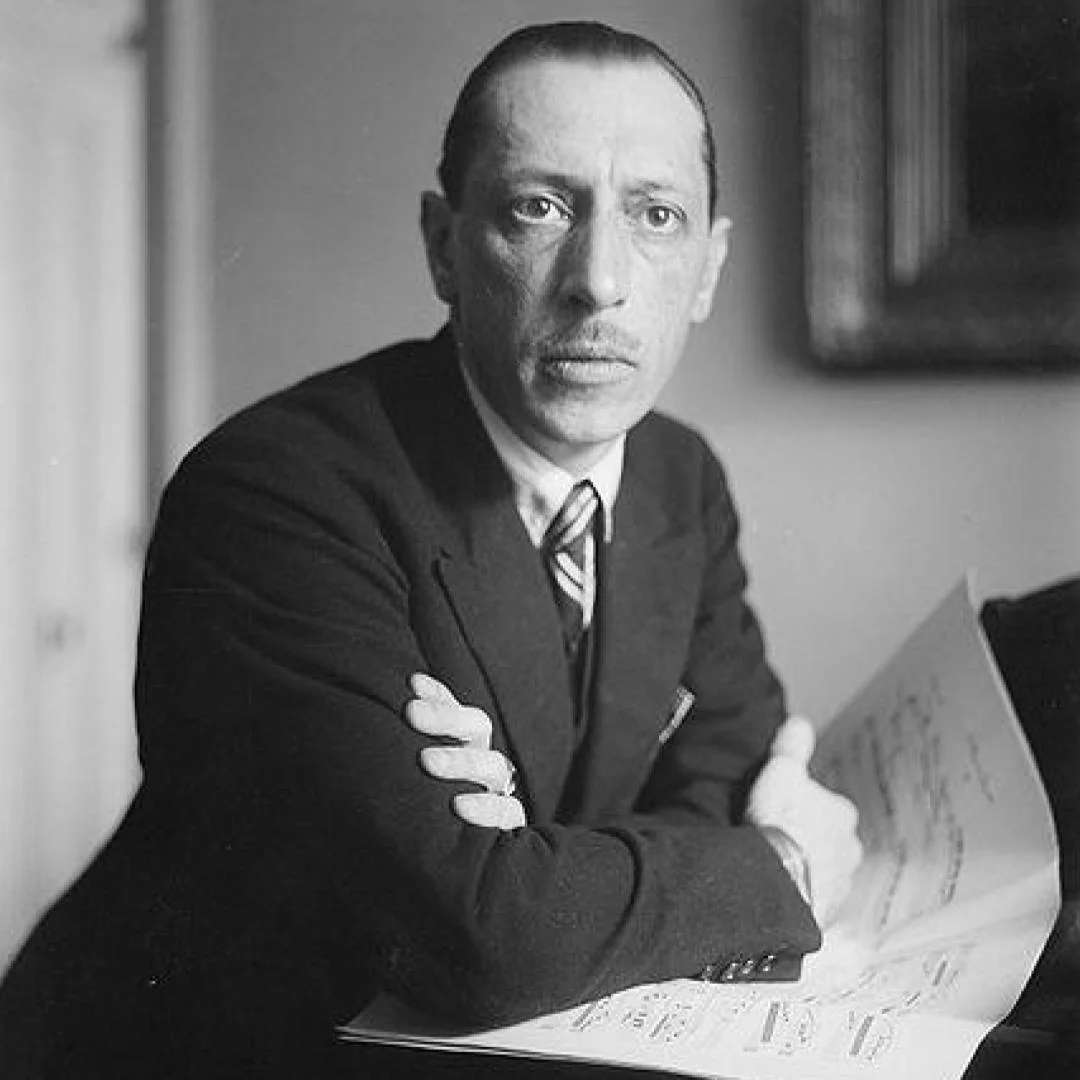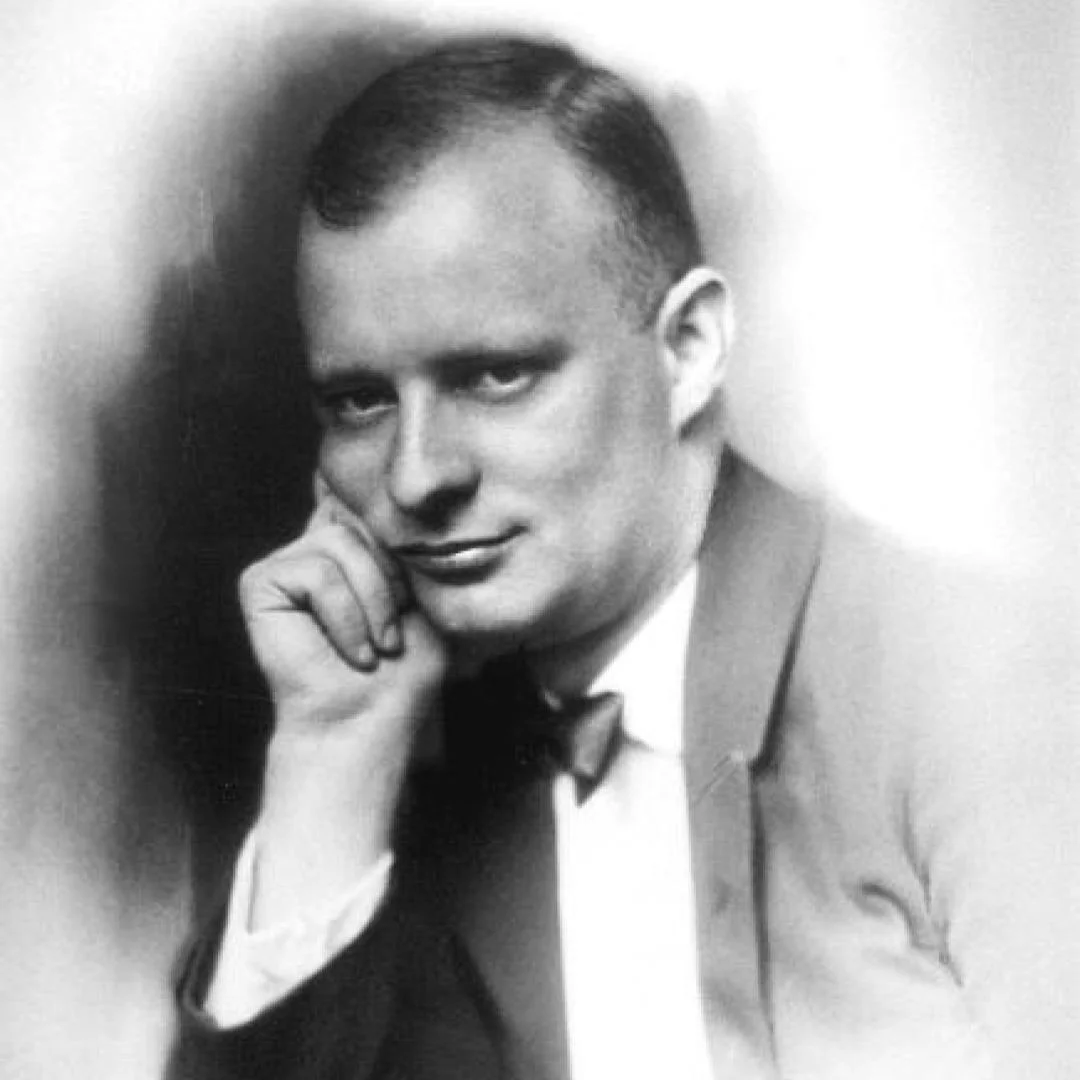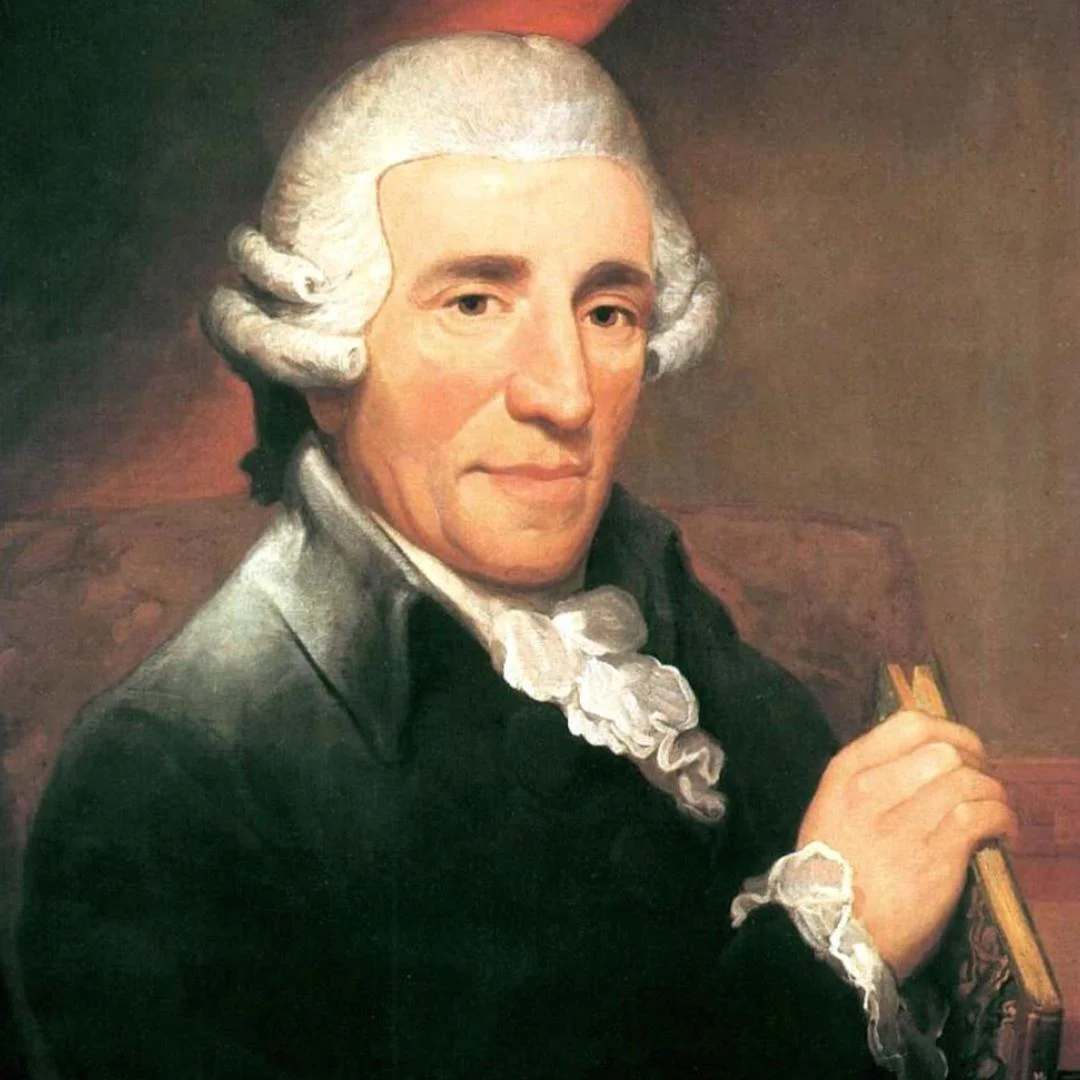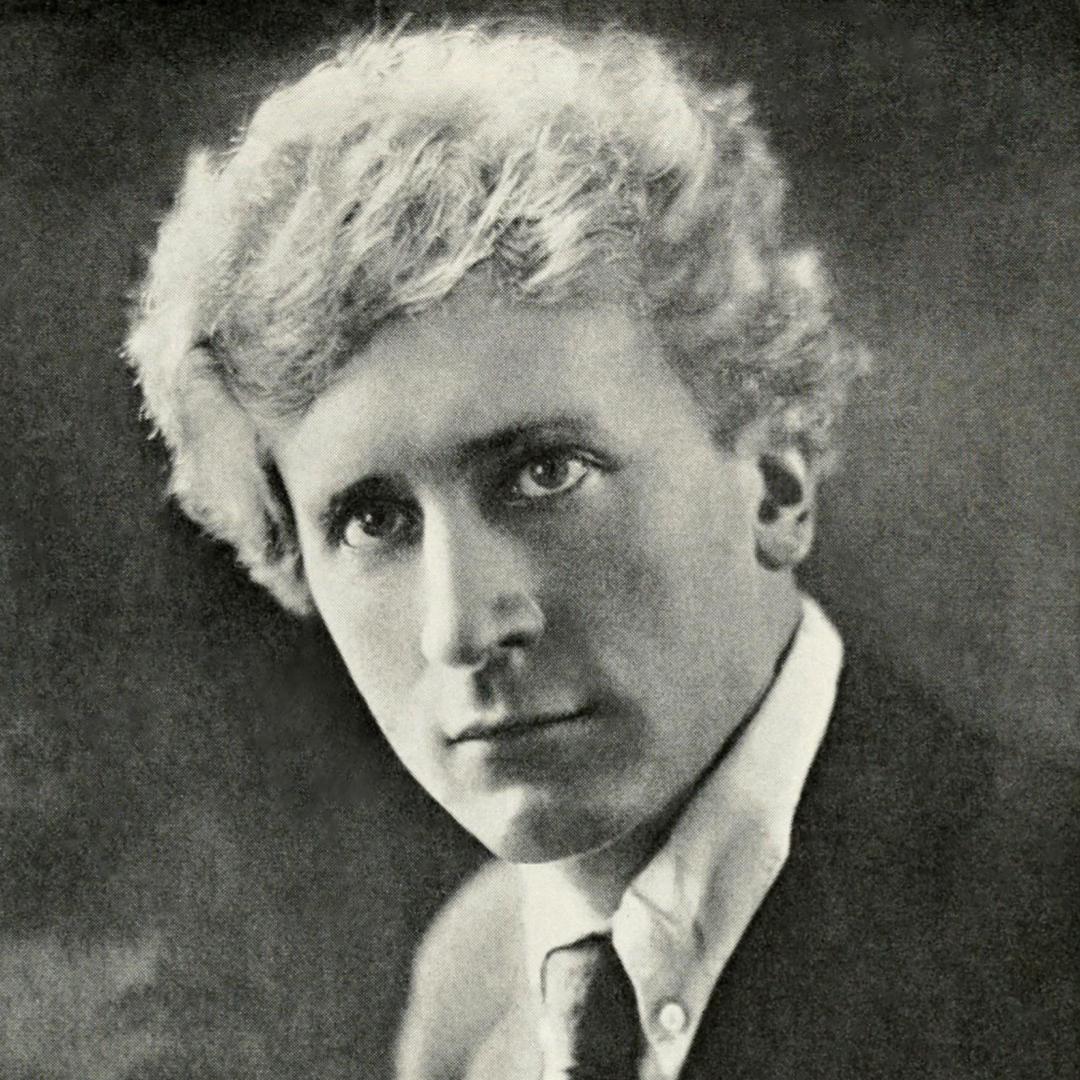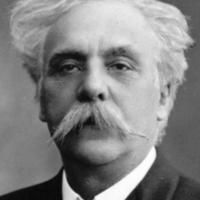Lakeview Orchestra performs The Irrepressible Seventh Symphony on October 24th, 2021 at 2:00pm at the Athenaeum Theatre in Chicago, Illinois. Learn more and get tickets.
Read MoreBeethoven, like any great storyteller, asks us to follow him down a path that has yet to be explored.
Read MoreAlthough Strauss’s music eventually releases its late Classical imprint and adopts the broad, sweeping style of late Romanticism, this concerto offers us hints of what is to come, foreshadowing the great “horn moments” in Strauss’s epic tone poems such Don Juan, Ein Heldenleben, and Don Quixote.
Read More“Actually, my entire exposure to African culture is the result of my relationships with my African brothers and sisters in the United States. It was these relationships that taught me my heritage and how to express my heritage in my music – one example being African Air.”
Read MoreWhat Nielsen sets out to do with this work is to describe the reality of living things under enormous pressure. This reality is encoded in an underlying understanding that life will always prevail. There is a reality of a force of life that is totally and completely inextinguishable, no matter what.
Read MoreThere’s an old saying that, “an artist does not paint a tree because he sees a tree. He paints a tree because he sees another artist’s painting of a tree.” Stated bluntly by Igor Stravinsky, “A good composer does not imitate; he steals.” Having heard Herbert’s cello concerto, Dvořák went into full larceny mode.
Read MoreEventually turning to orchestral composition, Villa-Lobos incorporated traditional compositional techniques with native Brazilian melodies and rhythms.
Read MoreAll that Farrenc does, and more, in her third symphony is why this piece deserves a place alongside early Romantic era symphonies in the repertoires of every orchestra.
Read MoreFelix Mendelssohn-Bartholdy was, by any measure, a creative prodigy. It is one thing to mimic adults who put words in your mouth, or play music written by others, but it is entirely another thing to actually write those words and compose that music yourself.
Read MoreOrchestrated entirely for brass and percussion, Fanfare for the Common Man is characterized by a lean, open sound, reflecting both American democratic ideals and the natural grandeur of the country.
Read MoreSimply put, what Beethoven was to the 19th century, so Igor Stravinsky was to the 20th: a massively influential composer and a game changer, who created a style of writing that no later composer could avoid.
Read MoreBetween 1933 and 1935, Hindemith composed an opera titled Mathis der Maler, which translates as Matthias the Painter. The opera details the life of Matthias Grünewald (c. 1470-1528), a German painter of religious subjects, and his struggle for artistic freedom of expression in the repressive climate of his day during the Protestant Reformation.
Read MoreFor someone who was one of the most prolific composers of the 18th and 19th centuries, Haydn wrote surprisingly few works to feature a soloist with an orchestra. With 108 symphonies, 68 string quartets, and 47 piano sonatas, the catalog of his complete works lists a scant 17 concertos – most of which are lost. Of those that remain, the E-flat trumpet concerto is arguably the most popular of all.
Read MoreWithout question, the most influential force in Percy Grainger’s life was that of his parents; the second was music.
Read MoreFauré’s Requiem is of special note, since it is unlike any of the compositions that may be considered its peers. The Requiems of Verdi and Berlioz are spectacular works that address the notions of death, resurrection, and final judgment in grand, even theatrical, tones. Smaller in scale, Mozart’s Requiem is filled with great poignancy. Fauré, by contrast, composed a hymn of solace and supplication, music to comfort mourners rather than impress upon them the enormity of death.
Read MoreSinfonietta is Poulenc’s only symphonic work, and it is as close as he ever got to writing a symphony. Full of Poulenc’s trademark charm and wit, this gem of mid-century French music truly deserves every appreciation it can be afforded.
Read MoreAlthough you may not recognize the composer of this work, many concert goers who listen to classical music radio will undoubtedly recognize the tune. Emmanuel Chabrier’s España is not only a crowd favorite, but also a wonderful opening concert work, especially for a concert of late Romantic French music such as this.
Read MoreAt only 24 years of age, and with no formal musical education, Jia Jie Chen has composed works already performed by community and school orchestras around the United States. Tomorrow’s Promise explores the idea that although contemporary events may be uncertain or even chaotic, hope endures.
Read MoreThe Fifth Piano Concerto, written between 1809 and 1811, was composed during the most trying period of Beethoven’s life. At 39 years of age, Beethoven had almost completely lost his hearing, had experienced two devastating failed marriage proposals, often suffered from severe headaches and fevers, and openly contemplated suicide. Despite the traumatic conditions, Beethoven continued to compose – and ultimately produced one of the most popular piano concertos ever written.
Read MoreTill Eulenspiegel, the man, is something of a mystery. Did he, in fact, ever live? It is no surprise that Richard Strauss’s tone poem Till Eulenspiegel has become such an audience favorite. It is one of those magical pieces of music in which everything—form, content, technique, and color—seems to mesh perfectly.
Read More










